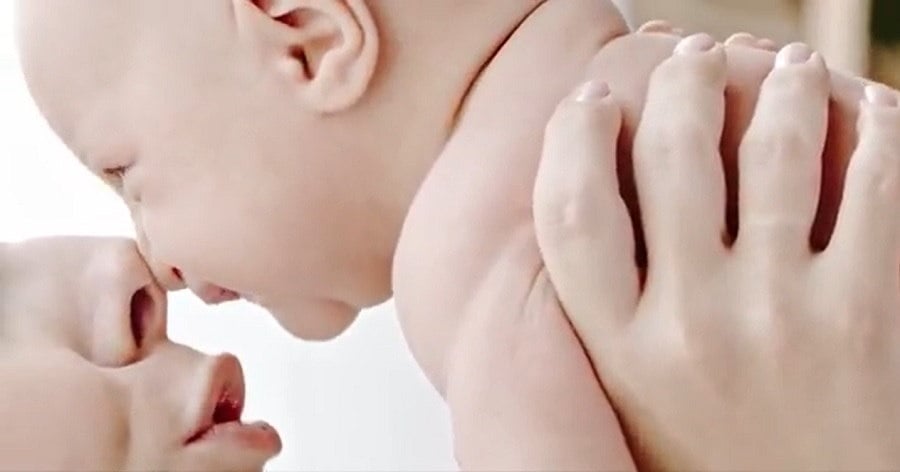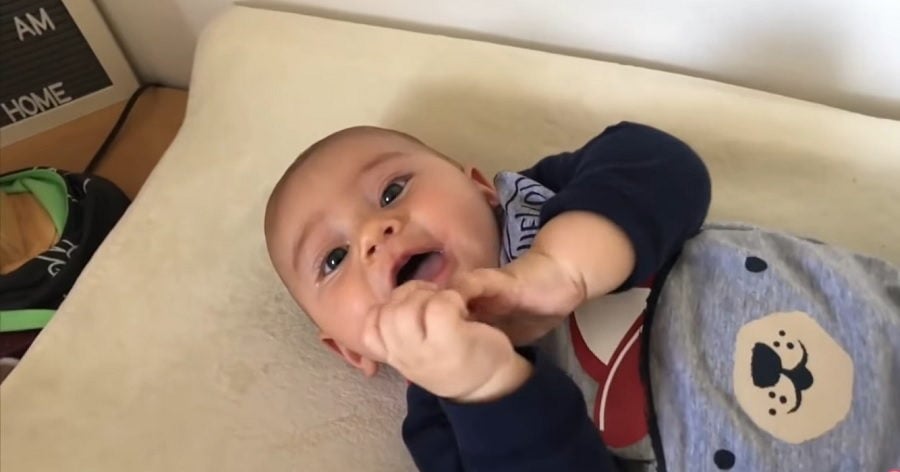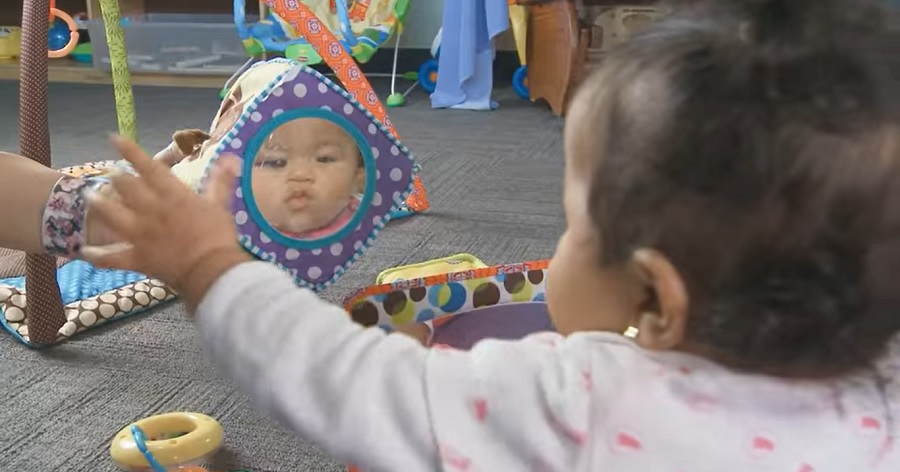
Your baby remained a lovable cuddly infant until 18 months of age, but now, with a couple of more months passing by, you are surprised to see the changes in its behavior. From the cute and bubbly infant it once used to be, the baby has transformed into being an aggressive little tyke. Note that as more time passes by, this violent behavior will be accompanied by biting, hitting, kicking, and greater hostility. In such circumstances, the question, "Is toddler aggression normal?" is bound to arise in your mind and in the minds of several other parents who are viewing similar behavior in their kids. Just like teenagers who undergo a different phase called adolescence wherein they display strange and unusual attitude and conduct, toddlers, too, pass through a new and different phase, exhibited by aggression. Until now, toddlers had been breathing, eating, and living under their parents’ guidance, but with aggression, they are trying to become their own person. While part of this behavior will help them become the person they are, the other part will boost them to feel strong, which is vital for healthy growth and development. Since a young child is unable to display his frustration through verbal aggression, he resorts to throwing things or tearing pieces of artwork. But the good news is that you can help your child manage his frustration and minimize aggression.

Image Credit: https://www.youtube.com/watch?v=KhsRdIbZmno
Managing Aggression in Children
Build Self Esteem
Instead of explaining the consequences of bad behavior to your child, help him identify his strengths and appreciate the things that he does well. Let your child feel respected and worthwhile. Making him feel wanted will reduce his misbehavior and help him enjoy the relationships he shares with people around him. Besides, learning how to love himself will infuse a boost of self esteem within him.
Acknowledge Good Behavior
How demeaning does your child feel when he is caught displaying a bad behavior or while indulging in negative activities? As an alternative, catch him when he is engaged being good. Appreciate him and help him exhibit the same when he is amidst people. By being acknowledged for good deeds, your child will realize the importance of his actions and learn to take responsibility for his behavior. Eventually, he will also understand that his aggression is hurting people and hence, will work upon reducing it, or at least not displaying it in public.
Maintain Clarity & Consistency
Sit down and work upon rules that all family members will readily agree upon. After you have decided a plan, explain it to your child and ensure that he has understood the rules. Also, clarify why the rule is important and state the consequences of breaking the rule. And most important of all, if you’ve set rules, make sure that you abide by them. Be consistent in your rules, as any break or diversion in the rules will urge the child to lose respect and trust in you for displaying random, unfair, or punitive discipline.
Handle Conflicts
As toddlers are growing, it is natural for them to test your and their limits at different times to see how you respond. Per se, losing your control will worsen the aggressive behavior of your child. Therefore, try to keep calm and be in charge of your temper for negotiating things and taking the heat out of the situation. For once you lose your temper, you will be adding on to the conflicts, which will only hamper your child’s mental development and contribute to his aggression.
Set Examples
It is a natural phenomenon to see toddlers and young children imitate what they see. So, if you want to develop positive and friendly behavior in your children, you have to demonstrate the same by setting a good example. If they display an aggressive and hostile behavior, do not immediately jump off on criticizing them. Instead, provide them support and help them to visualize things from a different perspective. Once your children view you as a responsible and respectful being to others, they may start diminishing their violent approach and begin emulating you.
Be Caring
The way you respond to your child’s behavior plays a major role in increasing or decreasing his aggressive behavior towards you and other people. Never be so strict that your child is unable to feel your love and good intentions. Be gentle and caring. Let him know that you love him and are clarifying things for his good. Keep up your sense of humor and share some fun and thrilling times with your child. Let him break the shell of aggression and violence, and replace it with love, care, and fun, which is essential at this crucial stage of growth and development. Do not forget to take feedback of what he has learnt and how he feels on exhibiting both aggressive behavior and fun-loving attitude.
Aggressive feelings are very powerful. Handle them with care and help your child overcome his hostility to enter the next stage of maturity.
 Baby Bonding Tips & Techniques – How And When You Strike A Bond With Your Newborn
Baby Bonding Tips & Techniques – How And When You Strike A Bond With Your Newborn Baby Sign Language
Baby Sign Language Aggressive Behavior in Children
Aggressive Behavior in Children Activities For Infants: Fun And Engaging Ways To Play With Your Newborn
Activities For Infants: Fun And Engaging Ways To Play With Your Newborn Anger Management for Kids
Anger Management for Kids